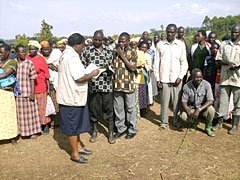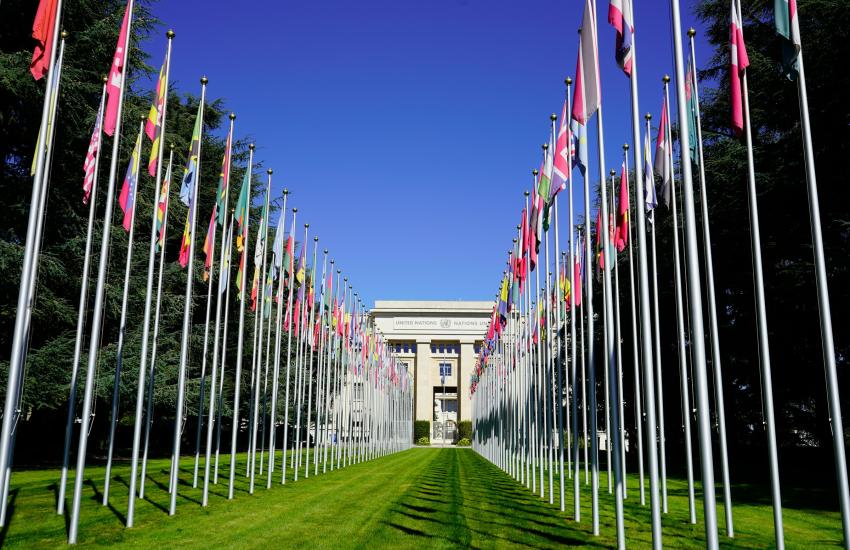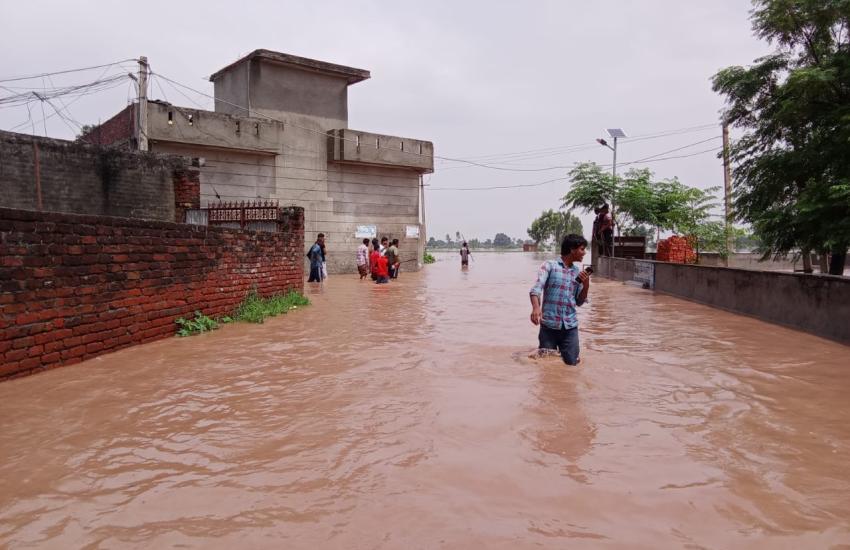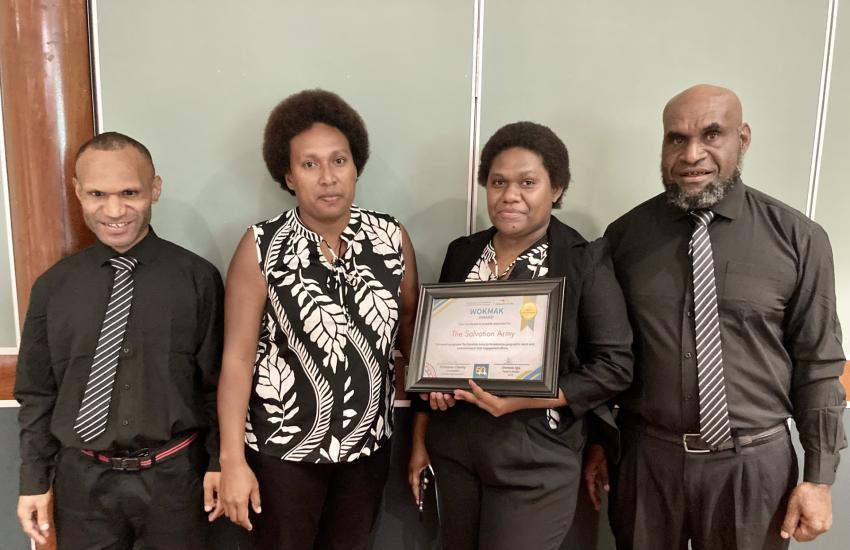REFUGEES who fled the recent unrest in Kenya are still living across the border in Uganda and being cared for by local families and a few non-governmental organisations (NGOs). The Salvation Army's International Emergency Services team, based in Tororo, Uganda, reports that there is still great need, with families continuing to cross the border in search of safety.
At the peak of media interest, a coordinated response by several organisations provided food and dealt with sanitation, water and shelter needs. Eventually, a large refugee transit camp was set up so that as many people as possible could be cared for. Up to 2,000 people were sheltered in the camp at the height of its operation but many others have been cared for by local people in their homes in towns such as Tororo, Bumbo and Soono, near the Kenya/Uganda border.
The Salvation Army team became concerned that, due to the large numbers of people being cared for by individual families, there was insufficient food to supply the number of people in the area, including the host families. A representative of a United Nations working group was heard to say: 'There is a high possibility of severe famine in this area and a humanitarian crisis.'
The Salvation Army team and local Salvationists have responded well. With financial assistance from other parts of the Salvation Army world, including The Netherlands, the United Kingdom and New Zealand, approximately 12,500 people – refugees and hosts – have been provided with basic food rations.
 |
 |
| Salvation Army food distribution to Ugandan families hosting Kenyan refugees | A man carries away a sack of provisions |
Although media interest has waned, the challenges continue. It was hoped that after the recently-negotiated peace agreement in Kenya, refugees would return to their own homes but it would appear that many are reluctant to do so. The Salvation Army emergency team leader in Uganda, Damaris Frick, says: 'It is so difficult to tell how long this crisis is going to continue. People seem to be coming and going across the border continually and the problem is not going away any time soon.'
Major Cedric Hills (International Emergency Services Coordinator) adds: 'This is turning into a much longer-term support exercise than anyone thought it would. Despite the very generous support from around the world, the funds available for this response are now almost exhausted. The team is working hard and providing tremendous support for very needy people but further resources are still needed.'
International Emergency Services





